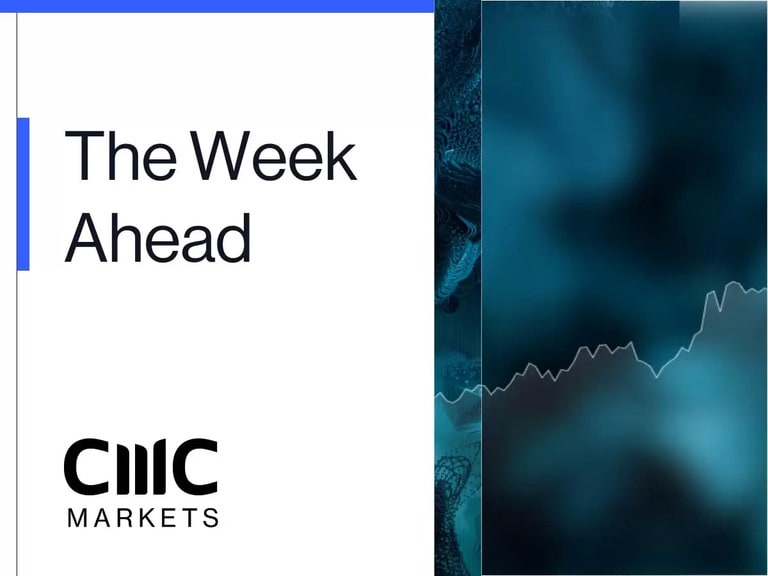
The Metro Bank share price (LON: MTRO) has declined by more than 90% in the past 19 months, as an accounting error rocked confidence in the company, and yesterday’s post-market close third-quarter results are only likely to add to the company’s woes.
The firm registered a quarterly underlying loss before tax of £2.2 million, which compared with a £6.7 million profit in the second quarter. Metro Bank said that actions taken to maintain balance sheet strength were reflected in the quarterly loss. The common equity tier ratio ticked up to 16.2% from 15.2% in the previous quarter, which is an impressive level, so the bank seems to be sound in terms of solvency.
Despite the terrible publicity the group has endured in recent months, the bank managed to increase its number of customer accounts by 13.9% to 106,000. Signing up new clients is all well and good, but it’s profitability that really counts. Total net loans on a quarterly basis were flat. The loan to deposit ratio cooled to 105% from 109% in the first half, which is a step in the right direction as the bank will be in a better position to react to a surge in clients seeking to withdraw their deposits.
Margins likely to weigh on Metro Bank share price
Net interest income slipped by 7% in the three-month period. This is concerning as this is the bank’s bread and butter, and what’s worse is the company expects the current margin trends to continue into the last quarter. Metro confirmed that it will outline plans in relation to capital efficiency as well as profitability in the full-year results. Some traders will continue to swerve the stock, as the lending margins are likely to remain under pressure, and management won’t issue a big picture outlook for another three months.
The bank had a dreadful first half as statutory profit slumped by 83%. The group blamed costs in relation to an accounting error as well as the subsequent transformation expenses for the huge fall in earnings. When you strip out the one-off costs, profit still dropped by over 40%, which is big by recent banking standards. It’s clear the finance house suffered massive reputational damage on the back of the accounting scandal. It’s difficult to blame customers for withdrawing funds totalling £2 billion. If a bank projects a negative image in relation to its financial health, it shouldn’t come as a surprise when depositors make a rush for the exit.
Metro Bank faces uncertain outlook
Metro Bank confirmed the net interest margin (NIM) dropped to 1.62% from 1.85%. The NIM is a key measure of a bank’s performance as it measures its profit margin on lending. Banks tend to earn less money in an environment of lower interest rates, and with Brexit uncertainty weighing on gilt yields, the outlook for the finance house isn’t great. In an ideal scenario, banks would see deposits grow in addition to NIM increase, while the opposite happened at Metro Bank in the first half, which is the worst of both worlds.
The July update showed an improvement in the common equity tier ratio to 15.8%, from 13.1% in December. A healthier balance sheet is always welcomed, but the news failed the halt the decline of the Metro Bank share price – which fell to a record low in September.
Co-founder and chairman steps down
Earlier today it was announced that Vernon Hill, the co-founder and chairman, has stepped down with immediate effect. The bank needs to distance itself from Mr Hill on account of the reputational damage, so a change of leadership is a positive step, but in light of today’s Q3 update, the bank still faces many challenges ahead.
In early trading on Thursday morning following the results yesterday late-afternoon, Metro Bank shares are up 3.6% to 200.7p.
Disclaimer: CMC Markets is an execution-only service provider. The material (whether or not it states any opinions) is for general information purposes only, and does not take into account your personal circumstances or objectives. Nothing in this material is (or should be considered to be) financial, investment or other advice on which reliance should be placed. No opinion given in the material constitutes a recommendation by CMC Markets or the author that any particular investment, security, transaction or investment strategy is suitable for any specific person. The material has not been prepared in accordance with legal requirements designed to promote the independence of investment research. Although we are not specifically prevented from dealing before providing this material, we do not seek to take advantage of the material prior to its dissemination.






















